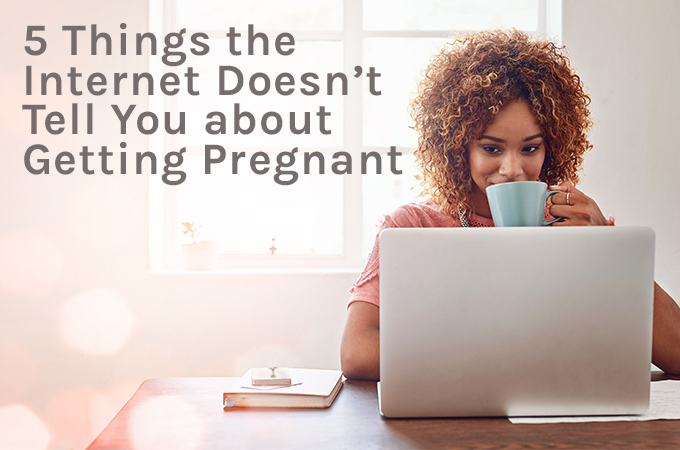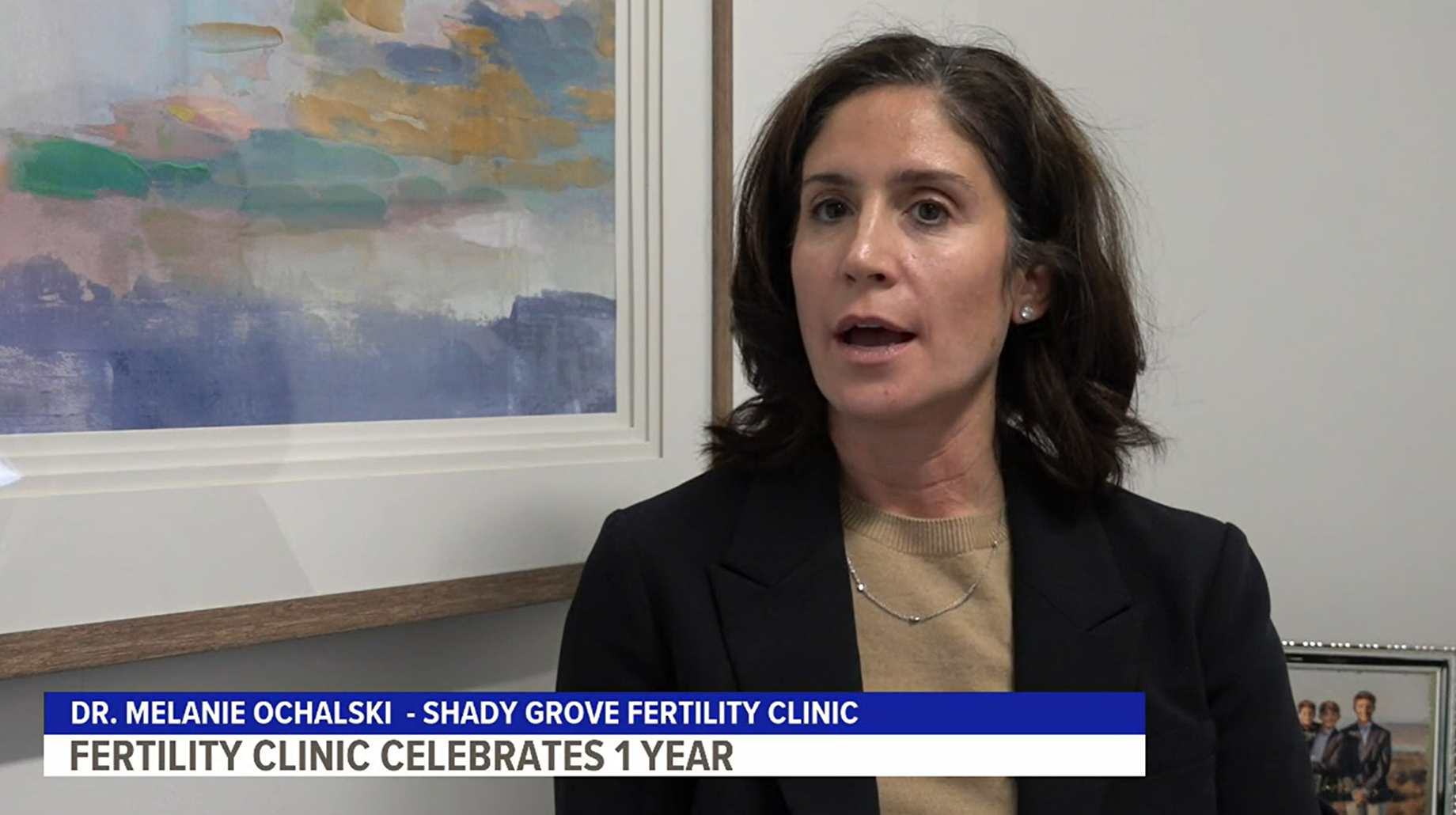Googling “how to get pregnant” gives you 540,000,000 results in only .66 seconds. In less time than it takes to pee on an ovulation stick, you have unlimited access to advice on natural conception, suggested sex positions, and unregulated herbal remedies that all swear to gift you with the two lines you’ve been waiting for. But which ones actually work? To find out, TODAY.com turned to Shady Grove Fertility (SGF) Richmond’s Dr. Michael Edelstein for answers.
Here’s your road map to navigating the Internet’s everlasting highway of fertility rumors.
1. To “boxer” or to “brief”?
It’s not uncommon for men to believe that wearing looser fitting undergarments will improve the health of their sperm, and the idea might not be too far out of reach either. Unlike a few of the myths below, this one has some science behind it.
“It’s an old wives’ tale, but it’s one that may have a bit of truth to it,” said Dr. Edelstein. “We know that for optimal sperm production, the testicles have to be at a temperature lower than the body’s core temperature. So there may be some evidence that wearing boxers as opposed to briefs can keep the temperatures of testicles lower.”
“It’s also for this reason that men should avoid spending too much time in hot tubs,” Dr. Edelstein added.
2. Does putting my legs up the wall after sex really work?
We tend to think that sperm responds to gravity the same way that anything else does – it’ll fall further and faster when inverted. Unfortunately there’s no scientific evidence to support that the “legs up the wall” method will keep some sperm from falling out any more than it already does.
“If a woman wants to keep her legs elevated after sex for 5 or 10 minutes, go for it, but there’s no evidence it will make a difference,” Edelstein said.
If you feel better laying down with your legs in the air, go for it. But know that each time you and your partner have sex, a certain amount of sperm won’t make the journey.
3. I can get pregnant as soon as I stop the pill… right?
Yes and no. The birth control pill will take a little while to leave your system but after a month or two most women begin ovulating regularly and their fertility returns to its normal state, says Dr. Edelstein. However, this assumption becomes complicated because the pill also disguises infertility symptoms the way that ibuprofen veils pain.
“While birth control pills don’t cause any fertility issues, they might mask fertility issues, like if a woman has underlying ovulation problem,” Dr. Edelstein said. “You wouldn’t know it when you’re on the birth control pill.”
4. If I relax I’ll get pregnant faster.
First, no. And second, absolutely not. Infertility is fundamentally stressful, and no evidence points towards a correlation between a woman’s stress levels and her pregnancy rate. There’s nothing more frustrating than hearing, “Stop worrying about it and just let it happen,” because when all you want is for it to “happen” you can’t help but feel lost when it doesn’t.
Infertility isn’t the cause of stress, but it is a byproduct.
5. If I’m healthy, my eggs will be healthy.
This is a commonly known myth and an important one to dispel. A woman’s health may influence her ability to get pregnant, but no research indicates that exercise or eating right equates healthy eggs.
There are two factors that far outweigh the importance of a healthy lifestyle: your age and your anti-Müllerian hormone (AMH) levels. Your reproductive health declines as you get older, especially in your upper 30s, which is why it’s important for women to see a fertility specialist if they’ve been trying for a year and are 35 or younger. Your AMH levels can also be a predictor of your fertility health, as it can measure how many eggs you currently have.
Dr. Edelstein sees patients in Richmond, VA. To learn more or to schedule an appointment with Dr. Edelstein or another SGF physician, please call our New Patient Center at 1-877-971-7755 or complete our online form.






